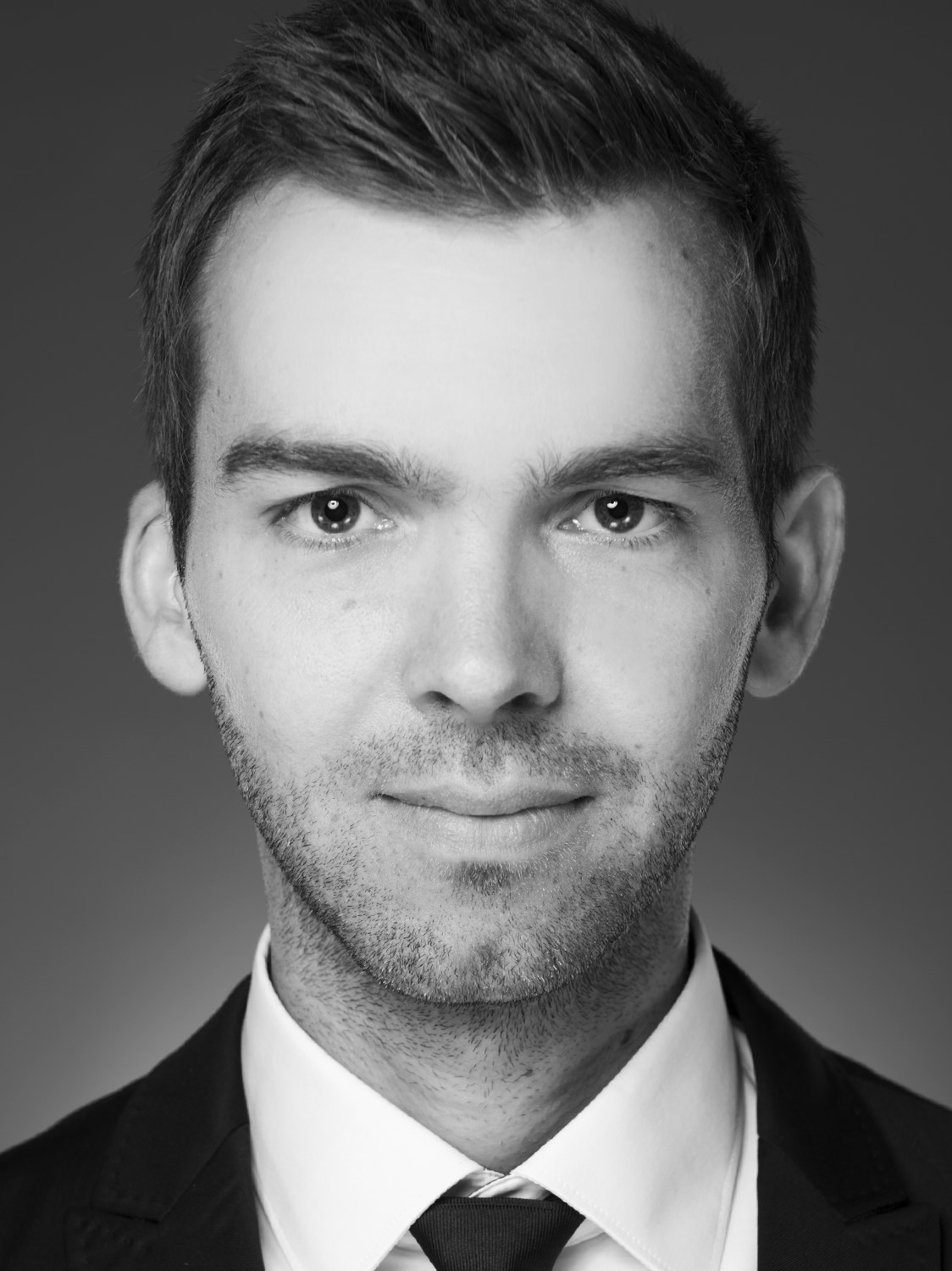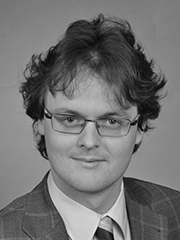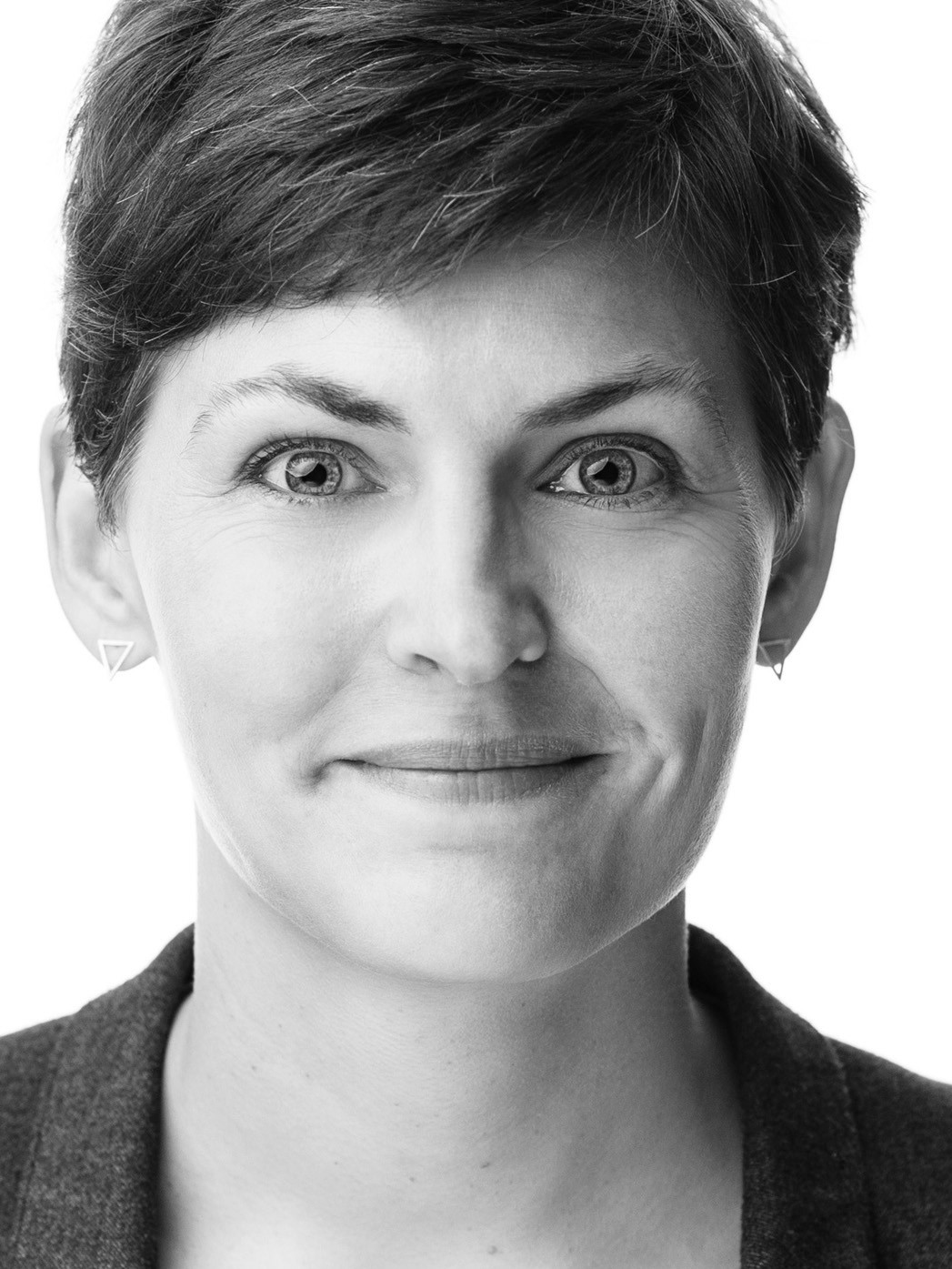NEWS
Increasing the resilience of electricity networks: Auctioning of priority supply to minimize outage costs
Anna Pechan, Gert Brunekreeft & Martin Palovic
The Electricity Journal, Vol. 38 (2), June 2025
Output-orientierte Regulierung und die Energiewendekompetenz in der Anreizregulierung: was ist gemeint und was sind Optionen?
Gert Brunekreeft & Heike Worm
Bremen Energy Working Papers No. 49, January 2025
#Publications
TSO Coordination and Strategic Behaviour: A Game Theoretical and Simulation Model Study based on the German Electricity Grid
Franziska Flachsbarth, Anna Pechan, Martin Palovic, Matthias Koch, Dierk Bauknecht & Gert Brunekreeft
BEWP No. 48
#Publications
Policy measures to apply the Whole System Approach (WSA) in energy infrastructures
Gert Brunekreeft, Dierk Bauknecht, Martin Palovic, Anna Pechan, Franziska Flachsbarth, Matthias Koch
BEWP No. 47
Market design for the procurement of reactive power: the current state in Germany
Anna Pechan und Marius Buchmann
Bremen Energy Working Paper No. 46
PROJECTS
Artificial intelligence in ancillary service markets (AI-ASM)
project duration: 2025-2026
AI is already widely used in the financial sector and, selectively, in the energy sector. In comparison to the financial sector, the electricity sector is characterized by the existence of ancillary services markets (e.g. for balancing energy), which serve to comply with the technical restrictions of the infrastructure and are therefore essential for security of supply. The use of AI can increase efficiency potential in ancillary services markets, but entails the risk of favoring market-harming bidding strategies that can already be observed today without the use of AI in energy markets. The focus here is on three harming strategies in particular: (1) the exercise of market power, (2) gaming, (3) herding behavior and its abuse. The central aim of the project is to investigate the effects of AI on the functioning of ancillary services markets from a competition policy perspective and to discuss the need for adjustments to the existing market design and competition policy.
Resilienz im digitalisierten Stromsystem: Toolbox zur Bewertung von Systemdienstleistungsmärkten (REMARK)
project duration: 2022-2024
The digital networking of decentralized energy systems and markets brings opportunities and risks for the resilience of the power supply. A resilient energy system ensures security of supply despite stresses or restores it quickly. Regional system service markets at distribution grid level play a key role in this. European legislators are increasingly taking market-based procurement of flexibility into account. With the broader application of such markets, there is a growing need to assess their influence on the resilience of the grid. The aim of the project is to develop a toolbox to enable the actors concerned (grid operators, aggregators, market operators, regulators) to assess the interactions between market rules in the area of ancillary services, the behaviour of the actors within the framework of these market rules, the degree of digitalization of the market processes and the resilience of the electricity grid. The open source toolbox can be found on GitLab.
Adjustment of incentive regulation to implement a whole system approach (WSA)
project duration: 2022-2024
The topic of hydrogen and the need for associated infrastructure planning in particular demonstrate the interdependence and increasing need for coordination between the energy sectors (see ACER & CEER, 2021; EU, 2020). However, even within a sector, the actions of one grid operator can have a direct impact on other players and vice versa. The existing regulatory framework does not provide any incentives for cooperation between the players, meaning that individual optimization takes place. This can lead to suboptimal results for society as a whole. In order to avoid these false incentives, a whole system approach (WSA) should be pursued. In this context, WSA means that the grid operator takes into account the effects of its own actions beyond its own grid in its decision (see CEER, 2018). The aim of the project is to develop options for adapting incentive regulation in order to resolve coordination problems by taking the whole system approach into account.
Regulation and Resilience (RegRes): Strengthening incentives for resilience in ARegV and StromNEV
project duration: 2021-2022
In recent years, the resilience of the national electricity system has become an important issue in terms of security of supply, particularly due to the rapid developments in decentralization and digitalization (see BMWi, 2019; Acatech, 2020). By resilience, we mean the ability of the electricity system to deal quickly and efficiently with potential large-scale and long-lasting power interruptions. In order to increase resilience, grid operators need to be actively involved. However, the existing regulation lacks the appropriate incentives for grid operators to tackle this challenge efficiently. The aim of the project is to design efficient incentives for the implementation of resilience-enhancing measures.
dena Leitstudie
project duration: 2020-2021
The study aims at identifying the key challenges, solutions and next steps on Germanys way towards carbon-neutrality till 2050 with a specific focus on cross-sectoral approaches. Bremen Energy Research is tasked with the economic evaluation of different adaptations of the energy market design that shall secure the efficient transition of the energy sector and those sectors that make use of this energy, towards climate neutrality. In discussions with more than 70-partners from the energy sector as well as from other industries we identify the key challenges in the given energy market design that hamper decarbonization across different sectors and discuss different approaches to overcome these hurdles. The CO2 price, its future development, additional requirements for incentive schemes and the coordination of infrastructure development, from electricity, via gas and hydrogen towards consuming sectors like manufacturing or transportation, are at the heart of the debate.
For more details on the project see the dena website.
dena „Blockchain Machine Identity Ledger“
project duration: 2020-2021
On behalf of the German Energy Agency (dena) our team at Bremen Energy Research, together with the IT experts from OFFIS and lawyers from Ernst&Young, is responsible for the scientific evaluation of different blockchain-based solutions that aim at the integration of intelligent metering systems (smart meters) into a blockchain environment. The project is conducted in cooperation with 21 partners, including companies like SAP, EnBW and Deutsche Telekom and players in the digital sector or start-ups specialized in blockchain technology like the Energy Web Foundation. For details on the project take a look at the project website at the dena Future Energy Lab.
Acatech, ESYS Arbeitsgruppe “Resilienz digitalisierter Energiesysteme”
project duration: 2019-2021
Die Digitalisierung im Energiesystem schreitet schnell voran. Ohne Informations- und Kommunikationstechnologien ist die Energieversorgung, und hier insbesondere die Dezentralisierung, inzwischen undenkbar. Neben all den Chancen, die sich durch die zunehmende Digitalisierung ergeben birgt sie auch Risiken wie Manipulationen, Cyberangriffe oder fehlerhafte Anwendungen. Die Energieversorgung ist eine kritische Infrastruktur (KRITIS). Ein Blackout hätte daher weitreichende Folgen für die Gesellschaft. Der Anspruch lautet: Digitale Energieinfrastrukturen müssen sowohl sicher als auch sichernd sein. Das bedeutet, sie müssen sich selbst gegen Angriffe und Ausfälle verteidigen können und gleichzeitig das Gesamtsystem funktionsfähig halten. Wo liegen dabei die Chancen und Herausforderungen? Wer sind die Hauptakteure, welche Verantwortung tragen sie und welche Anreize haben sie zur Resilienz des digitalen Energiesystems beizutragen? Was muss auf Regulierungsebene passieren, um die Anreize effizient auszugestalten? Mit diesen Fragen setzt sich die ESYS-Arbeitsgruppe „Resilienz digitalisierter Energiesysteme“ unter der Leitung von Dr. Christoph Mayer (OFFIS) und Prof. Brunekreeft auseinander. External link.
Quarree 100
project duration: 11/2017-10/2022
QUARREE100 promotes the research and implementation of a future-proof energy supply using the example of the urban quarter “Rüsdorfer Kamp” in the German district town Heide, Schleswig-Holstein. The demonstration project is supported by the Federal Government as part of the funding program “Solares Bauen / Energieeffiziente Stadt”.The team of “Bremen Energy Research” (BER) examines the regulatory issues regarding the implementation of inter-linked systems and self sufficiency concepts from an economic perspective.
PUBLICATIONS
Increasing the resilience of electricity networks: Auctioning of priority supply to minimize outage costs
Anna Pechan, Gert Brunekreeft & Martin Palovic
The Electricity Journal, June 2025
Output-orientierte Regulierung und die Energiewendekompetenz in der Anreizregulierung: was ist
gemeint und was sind Optionen?
Gert Brunekreeft & Heike Worm
Bremen Energy Working Papers No. 49, January 2025
TSO Coordination and Strategic Behaviour: A Game Theoretical and Simulation Model Study based on the German Electricity Grid
Franziska Flachsbarth, Anna Pechan, Martin Palovic, Matthias Koch, Dierk Bauknecht & Gert Brunekreeft
Bremen Energy Working Papers No. 48, July 2024
Policy measures to apply the Whole System Approach (WSA) in energy infrastructures
Gert Brunekreeft, Dierk Bauknecht, Martin Palovic, Anna Pechan, Franziska Flachsbarth, Matthias Koch
Bremen Energy Working Papers No. 47, June 2024
Market design for the procurement of reactive power: the current state in Germany
Anna Pechan & Marius Buchmann
Bremen Energy Working Papers No. 46, December 2023
Increasing resilience of electricity networks: Auctioning of priority supply to minimize outage costs
Anna Pechan, Gert Brunekreeft and Martin Palovic
Bremen Energy Working Papers No. 45, Juni 2023
Resilience regulation: An incentive scheme for regulated electricity network operators to improve resilience
Gert Brunekreeft, Marius Buchmann, Martin Palovic and Anna Pechan
Bremen Energy Working Papers No. 44, May 2023
Risks and incentives for gaming in electricity redispatch markets
Anna Pechan, Christine Brandstätt, Gert Brunekreeft and Martin Palovic
Bremen Energy Working Papers No. 43, April 2023
Future of Gas – Umgang mit stranded asset Risiken bei der Erdgasinfrastruktur
Marius Buchmann, Gert Brunekreeft, Martin Palovic und Anna Pechan
Bremen Energy Working Papers No. 42, February 2023
Making market-based redispatch efficient: How to alter distribution effects without distorting the generation dispatch?
Martin Palovic
Bremen Energy Working Papers No. 41, October 2022
Coordination of power network operators as a game-theoretical problem
Martin Palovic
Bremen Energy Working Paper No. 40.
How to deal with a CAPEX-bias: fixed-OPEX-CAPEX-share (FOCS)
Carlotta von Bebenburg*, Gert Brunekreeft** & Anton Burger
Bremen Energy Working Paper No. 39.
Further developing incentives for digitalisation and innovation in incentive regulation for TSOs
Gert Brunekreeft , Marius Buchmann, Julia Kusznir, Roland Meyer, Sahar Shamsi & Carlotta von Bebenburg
Report on behalf of TransnetBW, November 2021.
TEAM

Prof. Dr. Gert Brunekreeft
Adjunct Professor for Energy Economics
Head of Workgroup

Dr. Marius Buchmann
Research Associate at Constructor University


